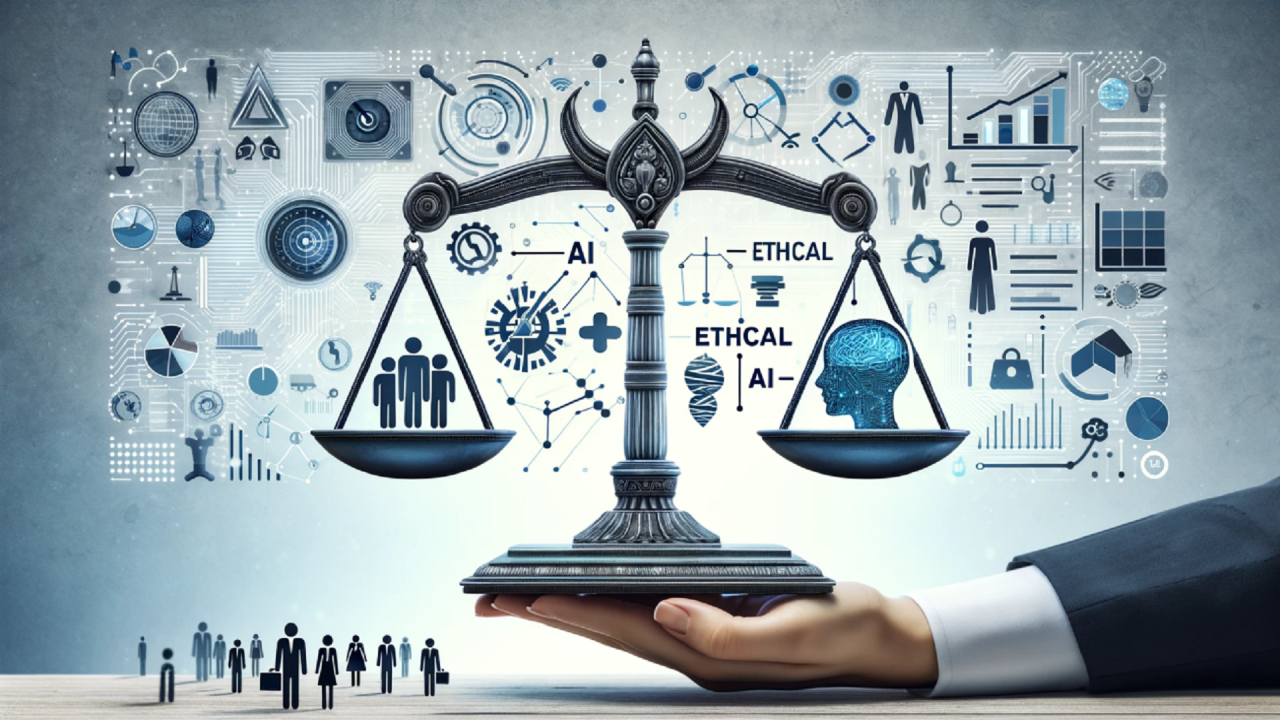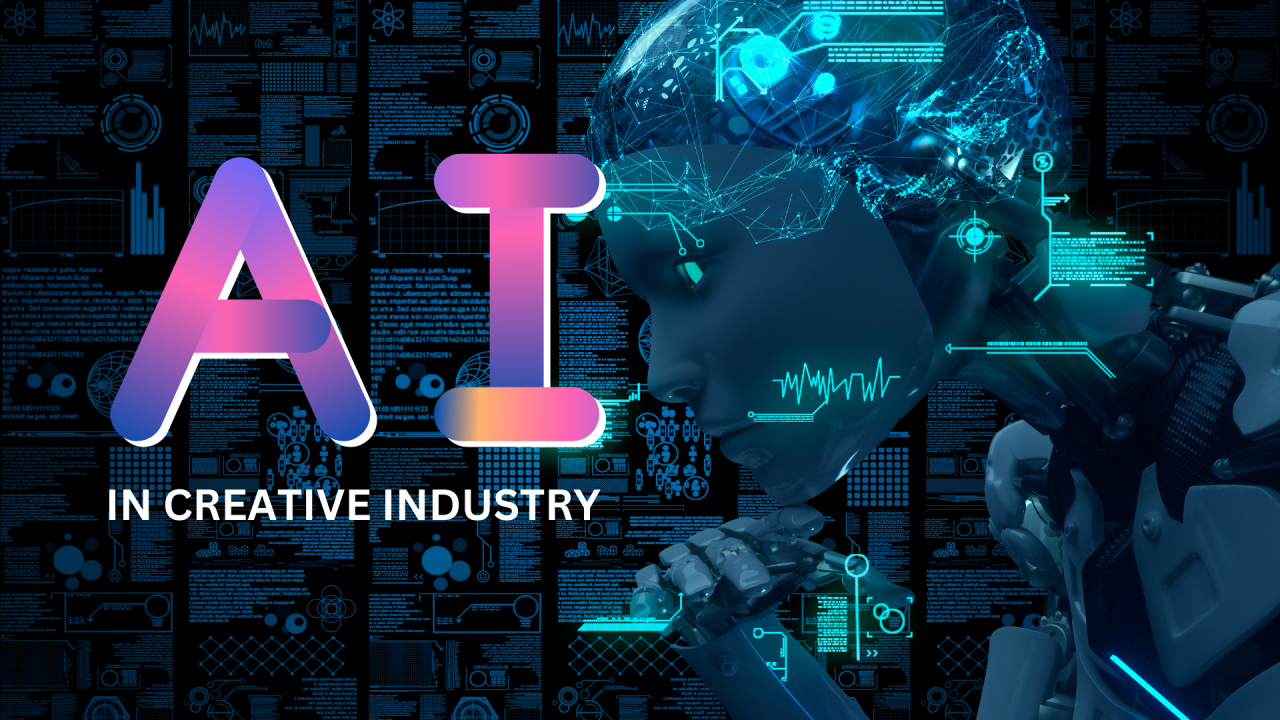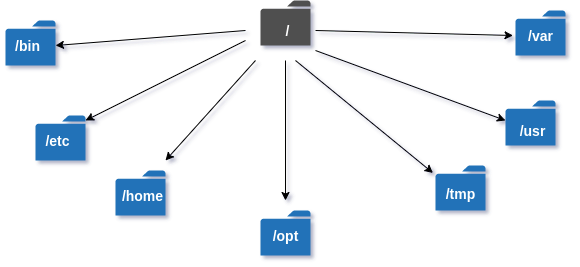Artificial Intelligence (AI) has reached unprecedented levels of sophistication, influencing industries and personal lives worldwide. With its transformative potential comes a pressing need for ethical considerations. In 2024, the challenge of balancing rapid innovation with accountability is more critical than ever. Governments, corporations, and communities must navigate the complexities of fairness, transparency, and responsibility in the AI-driven era.
Why Ethics in AI Matters
AI systems often act as decision-making tools in critical areas like healthcare, hiring, law enforcement, and education. While their efficiency and scale are unparalleled, issues such as bias, misinformation, and lack of transparency can have severe consequences. The ethical landscape of AI isn’t just a technical problem but a societal one, affecting trust, equity, and human rights.
Key Ethical Challenges
1. Bias and Fairness
AI models are trained on datasets that may reflect societal biases. This can lead to discriminatory practices in systems such as hiring platforms or facial recognition tools. A notable example includes AI algorithms that inadvertently favored certain demographics over others in job applications or criminal justice predictions. Ensuring fairness in AI requires continuous auditing and diversified training datasets.
2. Transparency and Explainability
Many AI models function as “black boxes,” making decisions without users understanding the rationale. In high-stakes domains like healthcare, this opacity is unacceptable. Transparent AI ensures accountability and builds trust, allowing users to challenge or understand outcomes.
3. Data Privacy
AI thrives on data, but excessive or unethical data collection raises privacy concerns. Companies must adopt stringent data protection policies to avoid misuse while ensuring compliance with emerging regulations like the European Union’s AI Act and similar laws in other regions.
4. Environmental Impact
AI models, especially large language models, consume significant energy during training and deployment. Ethical AI development must account for sustainable practices to minimize its environmental footprint.
2024: A Shift Towards Regulation and Accountability
Governments and international bodies are introducing frameworks to guide ethical AI use. For example:
- EU AI Act: Expected to take effect soon, it focuses on categorizing AI systems based on risk levels and ensuring compliance with ethical guidelines.
- US National AI Strategy: Includes a commitment to developing safe, secure, and equitable AI systems while fostering innovation.
- Global AI Governance: Organizations like the OECD and UNESCO advocate for universal principles, including transparency, accountability, and human-centric AI.
Best Practices for Ethical AI Implementation
1. Incorporate Ethical Design
AI developers should integrate ethical principles into the design process, ensuring systems prioritize fairness, inclusivity, and user rights.
2. Ongoing Audits
Regularly auditing AI systems can help identify biases or unintended consequences, enabling organizations to refine their models over time.
3. Human-in-the-Loop (HITL) Systems
Keeping humans involved in AI decision-making processes ensures accountability and allows for corrective measures when necessary.
4. Promote Collaboration
Cross-industry collaboration can set universal ethical standards and foster transparency in AI development, ensuring that no single entity disproportionately influences ethical outcomes.


